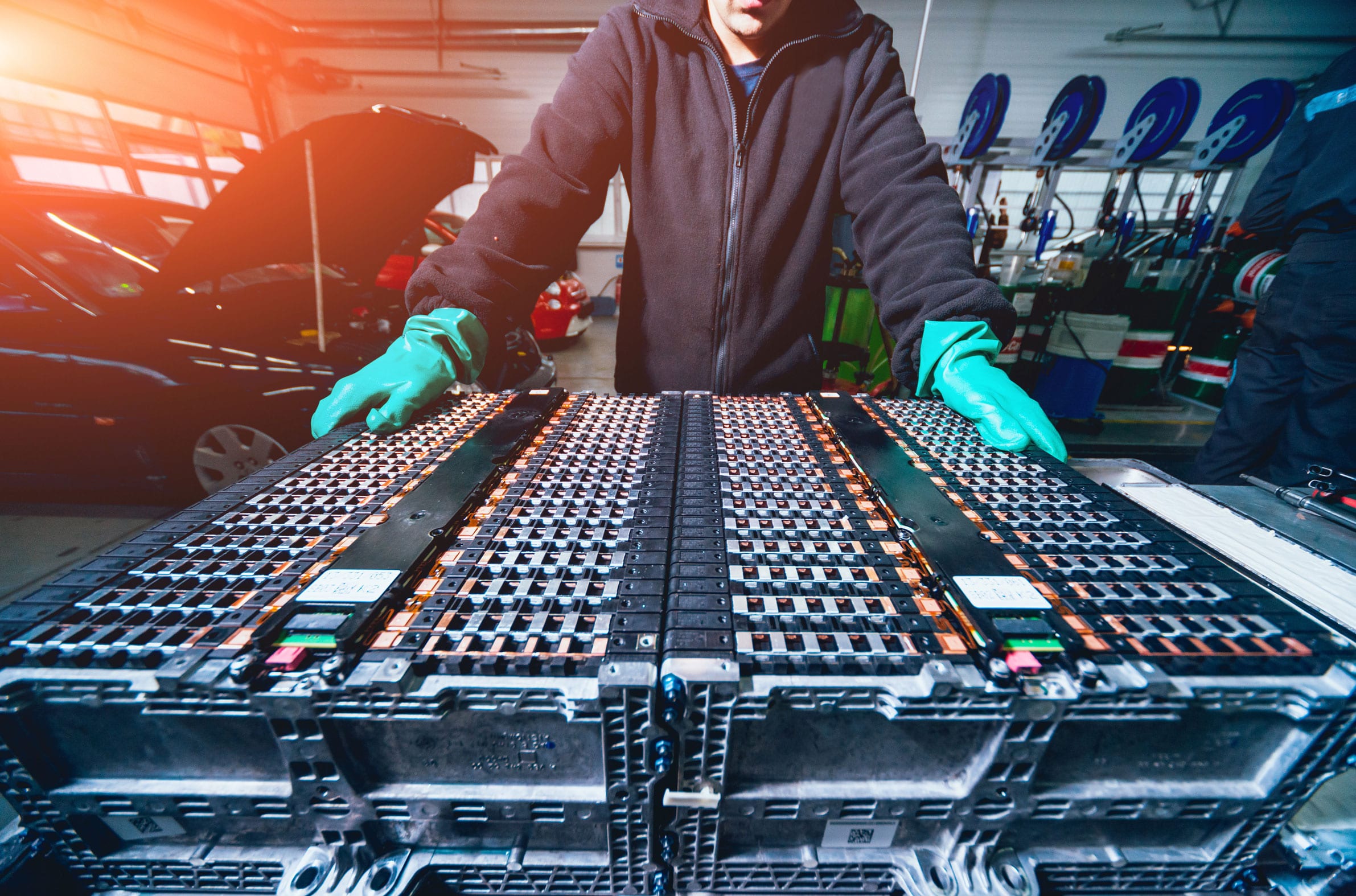Heritage Battery Recycling announces expansion in Arizona

ELOY, AZ – Heritage Battery Recycling, a subsidiary of Cirba Solutions, the largest battery materials and management processor in the industry, has announced plans to build a lithium-ion battery recycling facility in Eloy, Arizona.
The Arizona Commerce Authority reported that battery recycling is helping to close the supply gap for critical materials needed to support increased electric vehicle (EV) and lithium-ion battery manufacturing in the U.S., while also increasing access to recycled content for batteries.
The facility complements Cirba Solutions’ existing presence in Arizona and strategically positions it to drive regional collection and processing for end-of-life battery collection and EV manufacturing facilities on the West Coast of North America.
“The lithium-ion battery market is expected to grow exponentially in the coming years, with a projected market size approaching $25 billion by 2028. Federal incentives for the purchase of electric vehicles, requirements for domestic electric vehicle battery manufacturing included in the Inflation Reduction Act, and state requirements such as California’s recent move to require all new vehicles sold in the state to be zero-emission by 2035, ensure that lithium-ion battery recycling will be critical for automakers to meet demand and have a sustainable future,” said David Klanecky, President and CEO of Cirba Solutions
The Eloy facility will process end-of-life lithium-ion batteries and battery manufacturing waste, with additional services including disassembly, sorting, storage and diagnostic testing. The product will serve as feedstock to provide battery-grade salts for the manufacture of new cathodes and batteries, such as nickel, cobalt, manganese and lithium.
Located between Phoenix and Tucson in Pinal County, an existing building will be expanded to 75,000 square feet. The construction phase is estimated to employ 75 workers, in addition to about 110 permanent employees. The facility is expected to process enough battery material for 50 thousand electric vehicles per year and be operational by mid-2023.
Pressure on global and domestic lithium mining capacity will continue to grow with the demand for electric vehicles and other electronics, making the recycling of electric vehicle batteries increasingly important to meet the growing market in an environmentally responsible manner.
By 2050, recycled minerals will account for nearly 50% of the cobalt, 25% of the lithium and 40% of the nickel produced in U.S. electric vehicle batteries, according to Resources, Conservation and Recycling.